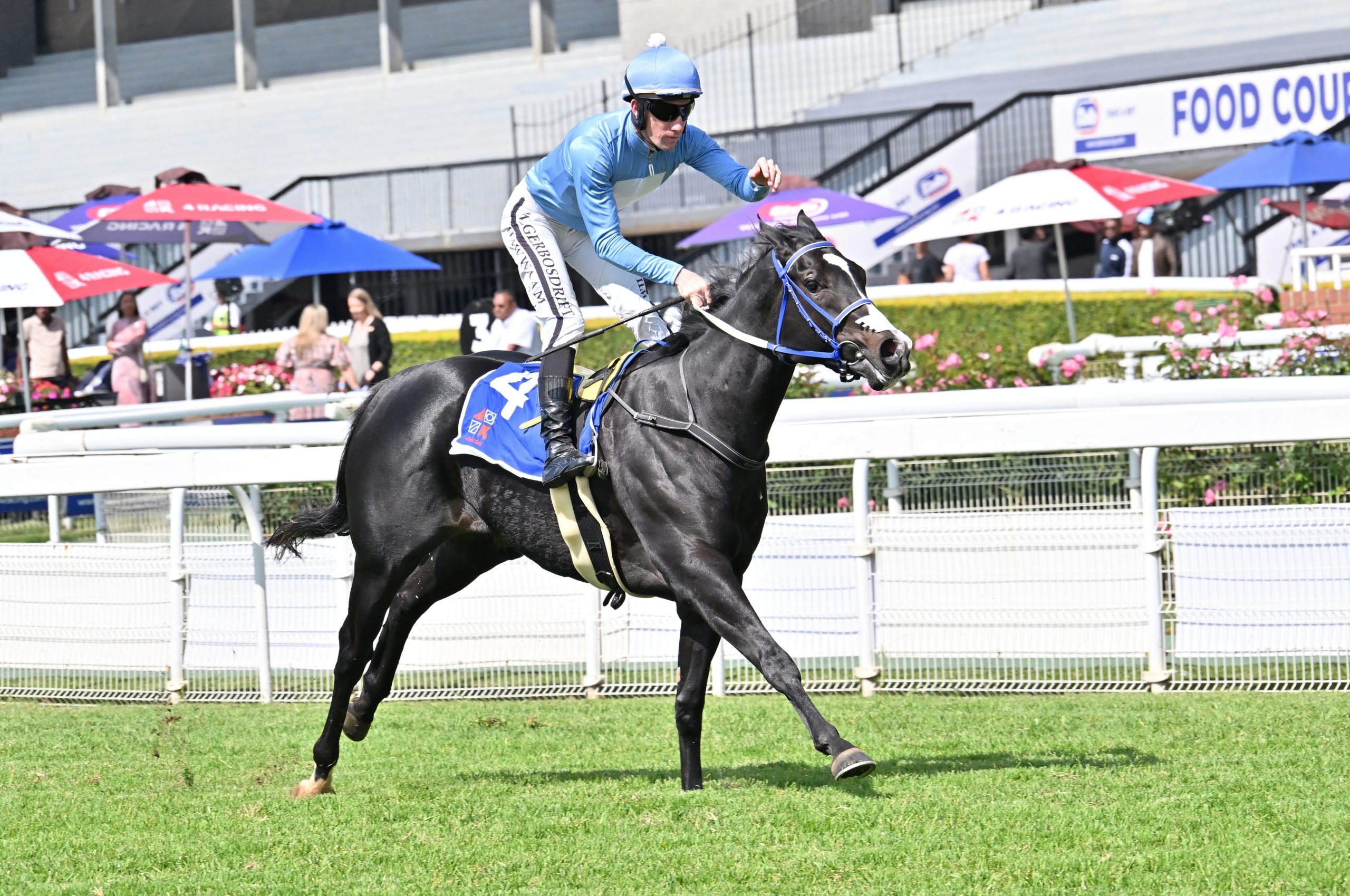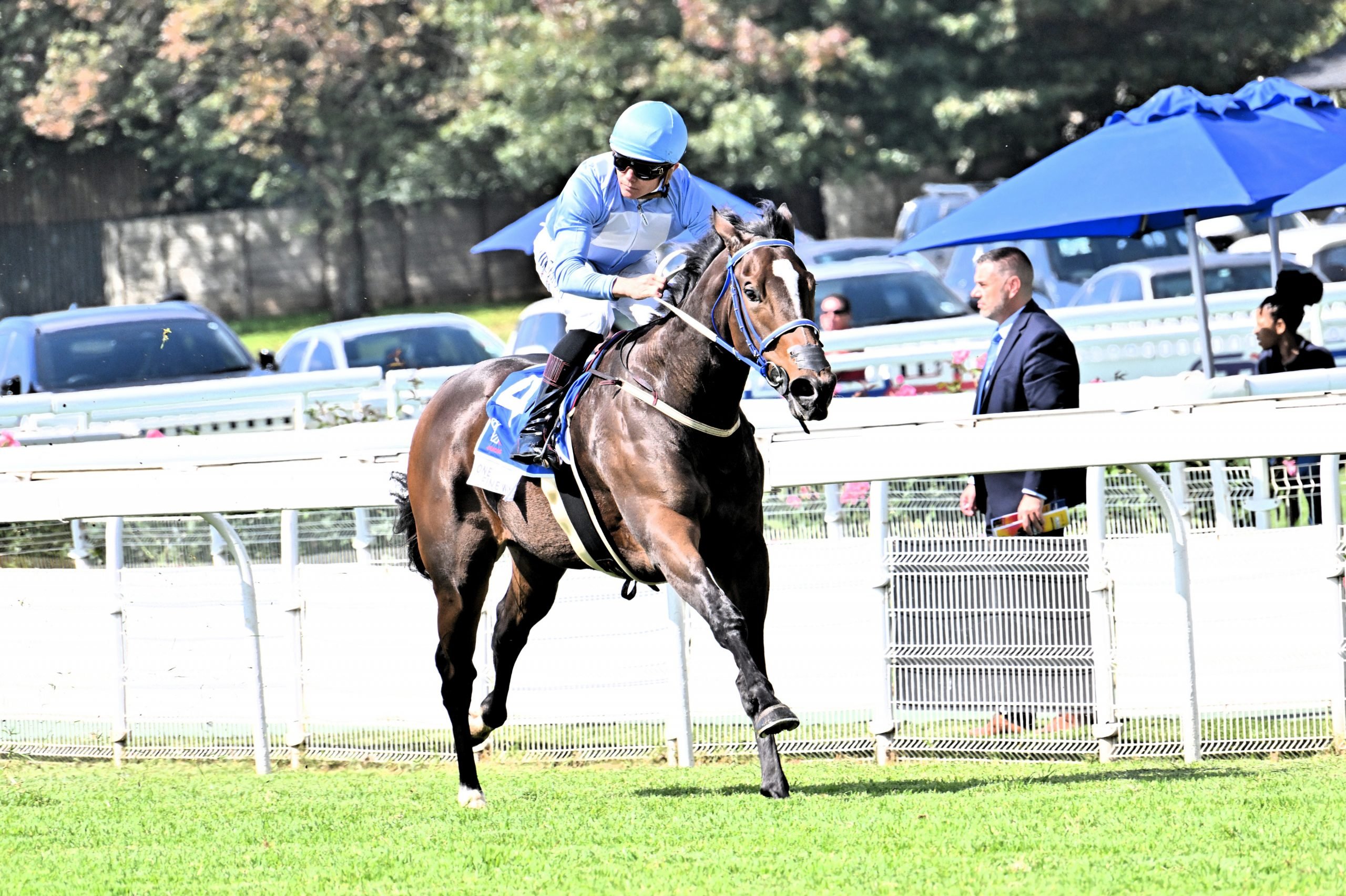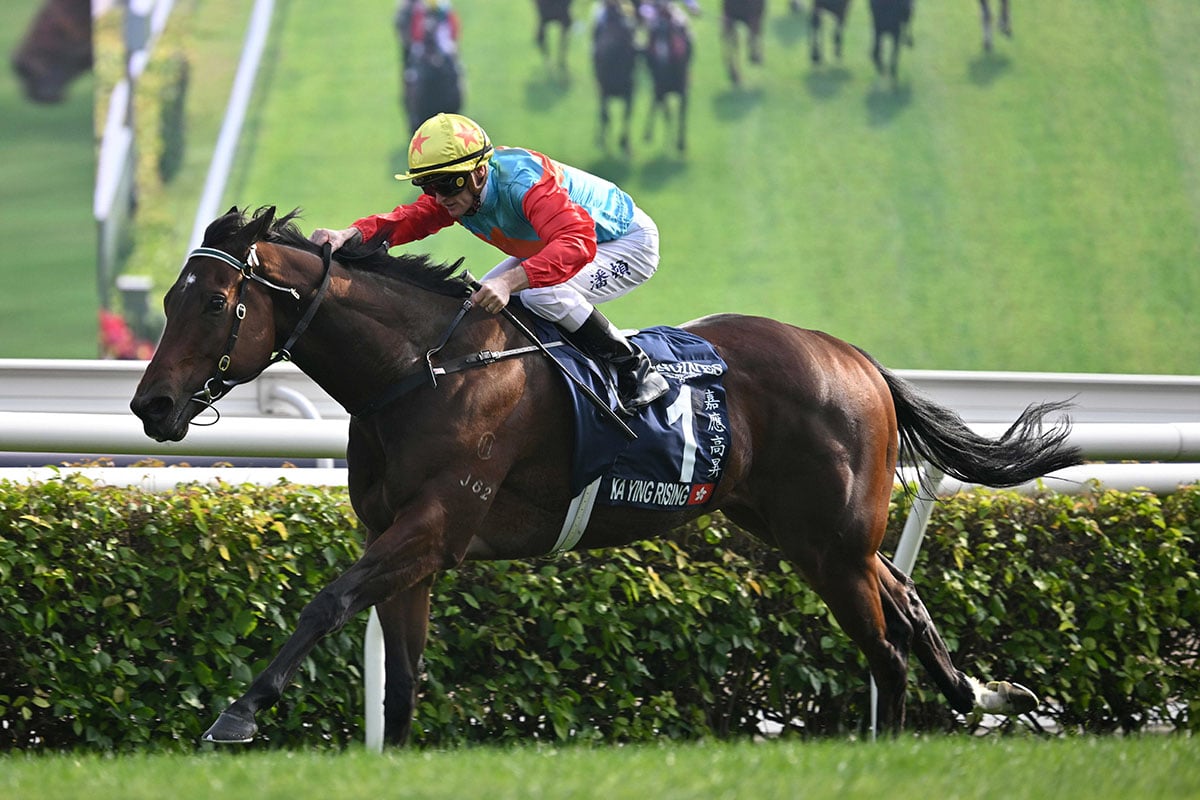The growing popularity of external income streams such as the soccer and rugby exotic bets have to some extent removed the flashing red light above horseracing’s front door. Phumelela are often accused of not caring about the ethos of the sport of kings but rather about that of the bottom- line and their own shareholders. Can we really blame them or is the focus skewed as we vainly try to save the game from extinction?
Horses, like wines, are a luxury commodity that if marketed with vigour and enthusiasm will always enjoy a demand at some level. Even if that is only in the stratosphere of our society. And chatting to a knowledgeable racing enthusiast and Cape owner on Monday this week, I was told bluntly that the only people sitting in tote outlets during the week were ‘unemployed battlers and struggling pensioners.’ He said:” We need the betting turnover but get the show right first. We have got to get the structure of the sport right. That is optimise its mass spectator and punter appeal while giving the rich every reason to invest heavily. They are the only lot who can seriously afford to own racehorses. It has got to be about potential profitable returns but definitely about ego and lifestyle. Let’s be quite honest about that and stop fooling ourselves,” he said with a frown.
Whining
The Nederburg Auction marked its 37th year of existence this past weekend with overall wine sales showing an eight percent increase on last year. A new record was also set with a case of six 750ml bottles of 1948 Monis Collectors Port being knocked down to a Nigerian businessman for R68 000. At R11 333 per bottle, it is definitely not the princely plonk that inhabits the realms of the spin-the-bottle generation. Interestingly too, international buyers were responsible for 46% of all the wines sold – up from a figure of 30% last year.
So maybe blaming the recession is a convenient cop out and that the real issues are not being addressed because nobody who counts really loves horseracing. There is no doubt that money makes the world go round and desperate times call for desperate measures. That is probably a tad theatrical really but Phumelela have demonstrated unwittingly good timing and have caught the crest of the powerful wave of sports betting that is sweeping the globe. What set out as a 911 call-out to balance the books and paper over the cracks of a declining racing model, has seen what appears to us racing lovers, as a shift in focus and attention from the great show to the ‘let’s go.’ Racing appears to have become a throbbing pain in the you-know-where as far more profitable and less onerous channels open up.
The timing of the launch by SAFTOTE of the Rugby Six bet on the weekend of the 2011 Rugby World Cup was not rocket science by any means. But it showed an element of forethought and initiative that has often been lacking and absent from some of the commercial marketing decisions made in recent times. Take the fact that with the recent changes in the AHS protocols, a lot of our very best horses – including our Horse Of The Year Igugu – are staying here and will be chasing the big Gauteng and Cape features in the coming months. Other than scowling and spitting, what are we actually doing to turn this negative into a positive?
Time To Change
There are far broader strategic decisions that have to be made as a start, though. I was reading an interesting piece by Fred Pope in the Bloodhorse. Entitled ‘Time To Change the Structure’. It is written against the background and history of horseracing in North America, but there are aspects of it that apply to us.
He refers to the maxim demonstrated in the movie ‘Field of Dreams’ of “If you build it, they will come,” and draws a parallel between golf and racing:
To quote Pope : Before 1968, that theme built a lot of golf courses with events to lure professional golfers. The tournaments were good for the facility owners, but not so good for the pros wanting better purses and a national schedule.
At that time, golf was a facility-centric sport, meaning the facility where the sport is played controls everything: the product, the price, distribution and marketing.
When the pros started the PGA TOUR they had a new theme: “If you agree to our terms, we will come.” Professional golf changed to talent-centric, because if a golf course did not agree to their terms, the talent played somewhere else. That is a helpless bargaining position for the facility owner.
Today, all successful sports are talent-centric. They use pooled talent rights to make television contracts, control their distribution, and enjoy central authority with uniform rules.
Thoroughbred racing is still facility-centric, though.
Bottoms Up
Pope continues : At this year’s Jockey Club Round Table, I hoped to hear the McKinsey & Company presentation say, “We discovered Thoroughbred racing is facility-centric. When you change and develop a talent-centric structure, you will have a growing, powerful sport.” That did not happen.
Although they advise the NBA, NFL and other talent-centric sports, McKinsey never mentioned the benefits of racing developing the same structure.
McKinsey warned that racing has not bottomed out. If nothing changes over the next 10 years, racehorse owners alone will see a 50% loss in revenue. For breeders, auction companies and support service companies, that news about horse ownership is devastating.
Television
“Build it and they will come” was the theme until the 1950’s, when television changed sports forever. With new national distribution, sports were no longer limited by location.
The other sports quickly changed to a talent-centric structure where pooled talent rights became the basis for television contracts, thus new revenue, popularity and growth for their sports.
But, racing’s leaders were conflicted. Government’s gift of legal wagering complicated their decision on television. If the races were televised, then bookies could steal some wagering revenue.
And the television networks did not want to deal with a hundred different track operators throughout the year. The tracks are not a business unit, capable of splitting revenue.
Thoroughbred racing did not embrace television, but that was not it’s greatest sin. What damned racing, from then until now, was failing to join the other sports with a modern, talent-centric structure.
Racing was at its peak then and if it had changed, television and new forms of wagering distribution would have been controlled and exploited in a good way for the benefit of the sport and thousands of owners of the talent. Instead, racing’s leaders chose to continue a dead-end structure favoring just a few track owners.
When the other sports changed structure, the sport facilities owners did not like it, but they had no choice except to move to signed contracts with the national talent-centric organizations.
The real tragedy is that the track-centric structure is so flawed it has made those in the industry believe there is little hope for the sport’s future.
That is simply not true.
Talent
In successful sports the talent-centric structure is a major league, which contains only the highest level of talent. That is the only portion of a sport the public will pay to see. The only portion television networks will pay to televise and the only portion advertisers will pay to sponsor.
Less than 10% of each sport is under the authority of a commissioner. The NBA Commissioner has no authority over those who play basketball outside the NBA. His drug rules and testing do not apply to YMCA basketball players.
So, when people say racing needs a commissioner like the other sports, the reality is the other sports do not have commissioners over their entire sport either.
But, the public face of each sport is their major league, where the owners of the highest level of talent take responsibility and vest full authority over national drug policy, television sales and all distribution in the office of a Commissioner.
Some will say racing is different and a talent-centric structure will not work in this sport. But it already is working.
He then goes on to talk about The Breeders’ Cup example:
“If you agree to our terms, we will come” has been used successfully by The Breeders’ Cup since it started. Using talent-centric tools, they leverage tracks and cities to gain favorable terms for their event. Years ago, when Santa Anita said “no” to The Breeders’ Cup demand for their best seats, the event was awarded to Belmont. When Santa Anita had a change of heart, the event was welcomed to Los Angeles. At its origins, The Breeders’ Cup was a “thank you” from breeders to racehorse owners, with its purses funded primarily by stallion and foal nominations. Now, wagering revenues fund most of the purses.
Today, The Breeders’ Cup is structurally more like an event promoter. Since breeders have no original talent rights, expanding their role is problematic.
Major League
In the early 1990s, I created a major league within racing. The members were the leading racehorse owners in North America and Europe. It was a talent-centric structure, based upon the owners’ pooled talent rights and we had the horses needed to package the highest level of racing on the weekends.
It was called the National Thoroughbred Association (NTA). The NTA was a very benevolent plan for a major league. It had a commissioner with authority over its members; however, it did not interfere with the rest of racing in North America. It was very much like the major leagues in other sports
Some leaders in The Jockey Club used influence to stop the talent-centric NTA.
In its place they substituted a track-centric NTRA, and gave half of the board seats to track operators.
The NTRA gutted all of the major league components of the NTA: the packaging of high-level races, the pooling of talent rights and control of distribution.
To add insult to injury, through fees and deductions from purses, the NTRA took hundreds of millions of dollars from breeders and racehorse owners, while rebating fees to the track operators. By stopping the NTA plan to receive fair revenue from off-track distribution, billions of dollars have flowed to bet takers instead of host events.
Lost Money
The same breeders and racehorse owners losing all that money are the same ones funding The Jockey Club through breed registry and their purchase of data information services. It is past time for quid pro quo between the breeders and owners and The Jockey Club.
The Jockey Club leadership is rooted in NYRA, but its national role and membership have more in common with the owners of the talent, than with the owners of the tracks. There is nothing wrong with The Jockey Club partnering with track operators on services, however, there needs to be balance in it alliances.
Racehorse owners, who all have few horses at the highest level and many at the lower levels, must decide whether the sport goes forward with a new public face driven by a desire to protect, nourish and prove the breed, or one that continues the same system that is failing.
Each time our leaders have had the opportunity to restructure the sport with a talent-centric structure they have rejected it in favor of the status quo. Now is the time for real leadership, whether it comes from The Jockey Club, or from like-minded racehorse owners determined to not let this sport die because it lacks a structure that is available.
South African horseracing urgently needs a Fred Pope.








